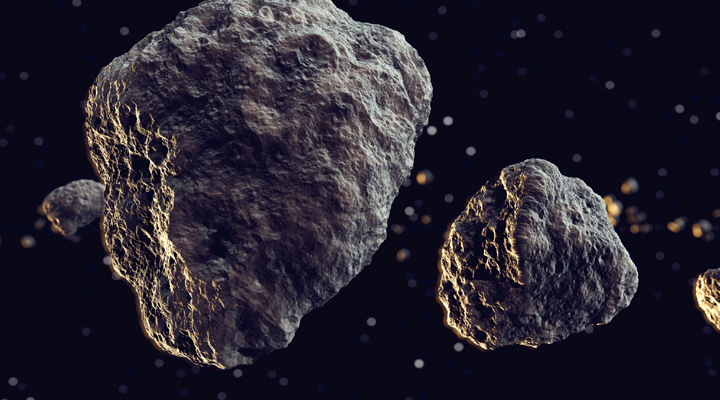-
Tips for becoming a good boxer - November 6, 2020
-
7 expert tips for making your hens night a memorable one - November 6, 2020
-
5 reasons to host your Christmas party on a cruise boat - November 6, 2020
-
What to do when you’re charged with a crime - November 6, 2020
-
Should you get one or multiple dogs? Here’s all you need to know - November 3, 2020
-
A Guide: How to Build Your Very Own Magic Mirror - February 14, 2019
-
Our Top Inspirational Baseball Stars - November 24, 2018
-
Five Tech Tools That Will Help You Turn Your Blog into a Business - November 24, 2018
-
How to Indulge on Vacation without Expanding Your Waist - November 9, 2018
-
5 Strategies for Businesses to Appeal to Today’s Increasingly Mobile-Crazed Customers - November 9, 2018
30 tonne ‘Gancedo’ meteorite uncovered in Argentina
A meteorite is to be uplifted in Chaco Province, north Argentina, on September 11, 2016.
Advertisement
A team lifts the meteorite from its hole at the site where a meteor shower hit some 4000 years ago.
But further investigation by scientists will determine if it actually is, as some reports have already claimed, the second largest intact meteor discovered on Earth. Given it was discovered in a place renowned for being struck with iron meteorites, it seems likely the object will prove to have celestial origins.
The largest meteorite ever found is a 66-ton meteorite in Namibia called the Hoba.
The meteorite weighing over 30 tonnes was found in the town of Gancedo, 1,085 km north of capital Buenos Aires, Mario Vesconi, president of the Astronomy Association of Chaco, said on Monday. Some reports are describing it as the second largest meteorite ever discovered, and, yep, you only have to look at the footage to see that it’s certainly one big rock.
Advertisement
Explorers made the discovery on Saturday while scouring an area called Campo del Cielo [Field of the skies], which astronomers say was hit by a meteor shower some 4,000 years ago. The Hoba meteorite is estimated to weigh more than 132,000 pounds (60,000 kilograms).




























